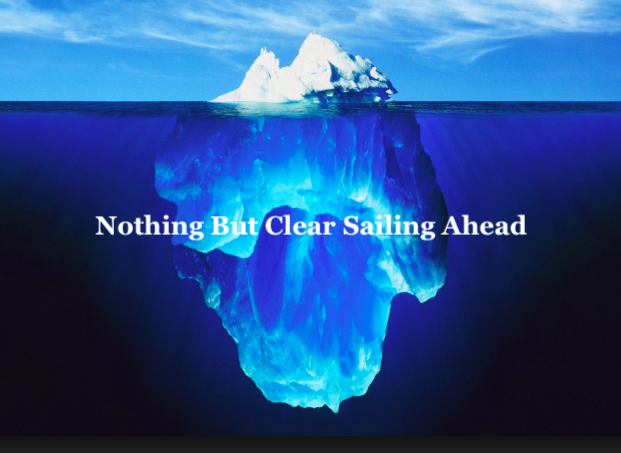
03 Jul What Happens When Things Do Not Work As Planned?
That business plan you just presented was brilliant. Well designed and carefully crafted – it addresses market, customer, company, and competitor to a finely tuned degree. You’ve identified your resources and have put them into play.
Nothing but clear sailing ahead.
One question – what happens if your magnum opus DOESN’T work?
What’s that – what do you mean “doesn’t work?” Of course it will work. You’ve factored every possibility. This thing is fool proof.
OK – but what happens if it doesn’t?
The market changes – an unforeseen product problem emerges – your distribution channel collapses – a meteor hits your president in the head. For whatever reason – the plan doesn’t work.
What then?
If this question unsettles that can be a good thing. Few of us take the time to consider any form of disaster planning – until disaster strikes. Take a close look at recent years and hurricane relief efforts or law enforcement and crowd control as examples of “what if” thinking on the fly.
Here is the reality – not every plan will work as conceived. Check that – virtually no plan will work exactly as it’s conceived. The question for all of us – what and how have we factored that?
And why isn’t contingency planning a core competency for every company and every individual?
Simple answer – it’s a lot easier not to – and we often are blinded by our own success. That’s never truer than in the corporate world where a superior brand and/or market position can create a level of ambivalence that can corrode.
Nothing but clear sailing ahead.
In 1912 the greatest passenger ship in history was launched on a Trans-Atlantic voyage from England to New York. Without peer as regards technology. Considered unsinkable by both its parent company White Star Line and by its competitors.
Equipped with too few lifeboats, outfitted with a surveillance system that was archaic (spotters did not have access to binoculars), a crew that had never been drilled on emergency measures, a passenger list that had never been briefed on even the most rudimentary of safety precautions, a captain who blindly believed there was no threat great enough to even trouble it – and operating in a maritime system where no one even monitored iceberg movement….
Well, you get the picture here…. The RMS Titanic and its 1500 lost souls serve as arguably the greatest example in modern history of poor to no contingency planning.
Supplanted with arrogance and blind trust that this brand was unbeatable.
Nothing but clear sailing ahead.
And for those who believe the cautionary lessons are imprinted in today’s business world – think again. We see major companies collide with their own version of an iceberg every day. (Insert as many names here as you choose!)
The next time you board a cruise ship take notice of the first official action you take after embarking – the mandatory life boat evacuation drill. Note the attention to detail every crewmember takes – the specificity of the captain’s orders that follow. What you won’t see are the behind the scenes measures that dwarf that simple exercise.
Contingency planning – the 100 year plus evolution of the steps that represent the legacy of the RMS Titanic.
Now, back to your business plan and that Best in Class initiative you have pulled together.
What’s your plan if it doesn’t work?
Oh, that’s right…
Nothing but clear sailing ahead.
Right?


Sorry, the comment form is closed at this time.